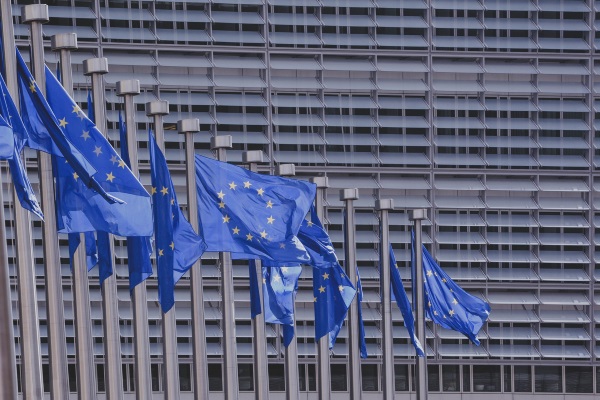
The final part of a major new report into the illegal trading of tobacco, alcohol and pharmaceuticals in Europe has said that as criminal gangs have evolved, so too must the police and EU member states if they are to combat this growing threat.
This is according to the On Tap Europe report, the final of a six-series set that looks at the illicit trade from across five Member States' (Greece, Italy, Poland, Romania and Spain) perspective and out from the Royal United Services Institute (RUSI).
The UK think-tank says that law enforcement is used to fighting "strict hierarchical groups," but warns that this will not work against organised crime groups (OCGs) who have shifted out of this strict structure, and are evolving into "loose, undefined and flexible networks."
The report says that the police forces across Europe must too evolve to stop this threat; so, too, must businesses and regulators.
The services and cross-border trade that help run legitimate industries in Europe: Technology, infrastructure and regulation are now also all used by OCGs, "making them unintentional enablers of the illicit market," the report says.
"Efficient global commerce is an integral part of modern life, but the balance has not yet been found between facilitating trade and ensuring security."
It identifies "corruption at European borders," run by individual corrupt officials who can throw a major monkey wrench into an otherwise strict system by allowing fake and illicit goods across borders, as being one of the main issues hitting the continent.
Free-trade zones are also exploited by gangs around the world, working to take advantage of "their limited oversight to re-document shipments and conceal their true origin, or even to conduct parts of the manufacturing process," according to the report.
And that increasingly common culprit: Technology, namely the Internet and social media, also have their parts to play, namely when it comes to selling illegal or counterfeit pharmaceuticals.
Sanctions and prosecutions must also be reformed, says RUSI, which describes commodity counterfeiting and illicit trade in substandard goods as a "major emerging criminal activities in the EU," but comes with low risks and high profits from those gangs involved.
Better and stronger deterrents are needed, it argues, as "member states are ineffective in deterring both new entrants to illicit trade and repeat offenders," it says.
A major recommendation sees the think-tank urging Europol and Frontex (the Coast Guard Agency) to create a dedicated anti-corruption centre aimed at training up officers to spot misconduct and support investigations.
It also wants to see the creation of new, international standards being set up across established free-zones to cut down on the exploitation here.
And on the tech side, the report says that, alongside work to reduce the demand for illicit products, "steps must also be taken to protect those who purchase illicit products unwittingly," given that many consumers may be tricked into thinking they are buying legitimate products (in most cases, pharmaceuticals and medicines) from a legitimate site, when in fact they have been re-directed to fraudulent sites.
The introduction of the common EU logo for online pharmacies is "a promising step," the think-tank says, but: "In order to be effective it must be accompanied by major public awareness campaigns – it can only protect those consumers who know to look for it."
©
SecuringIndustry.com





